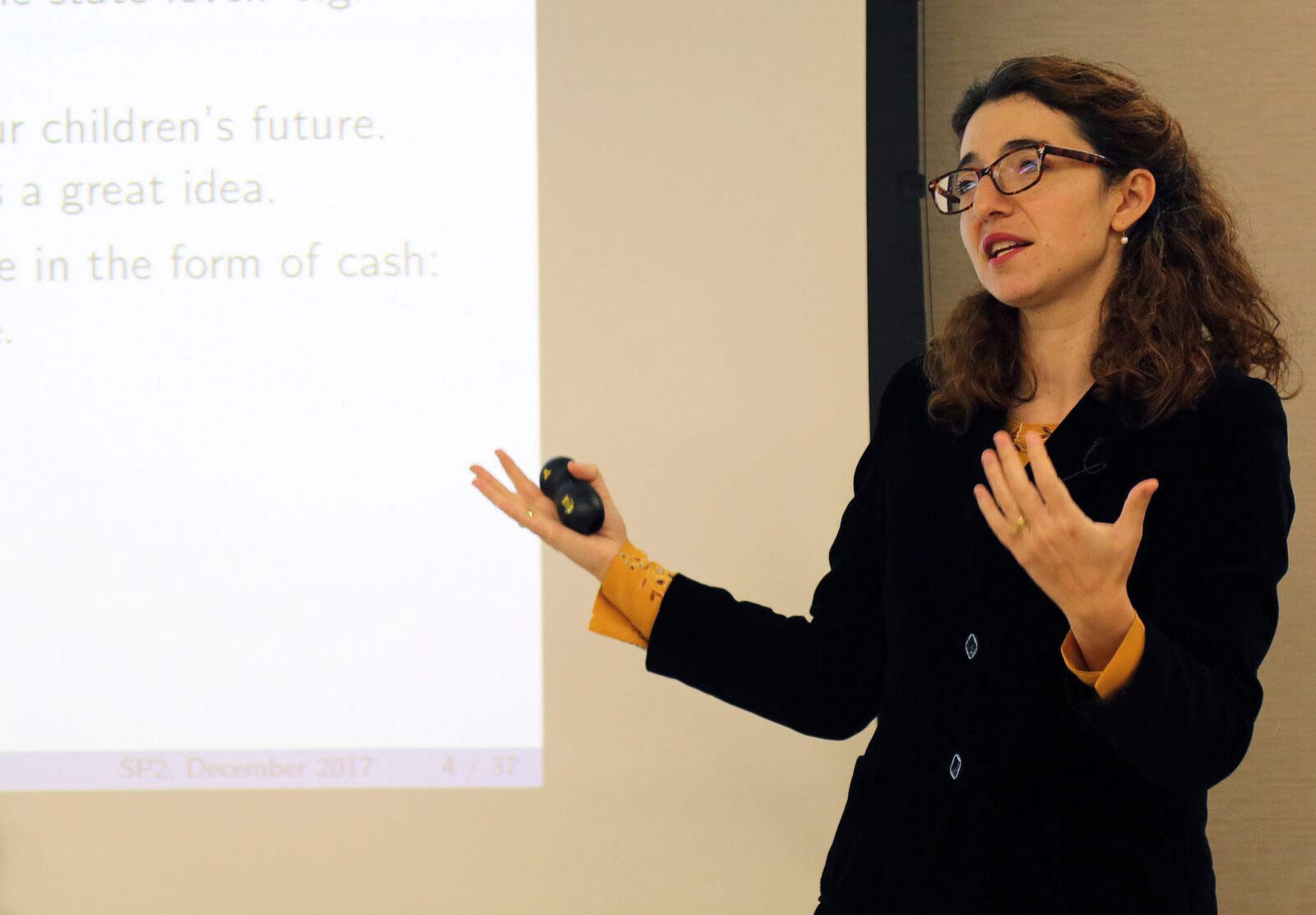News Details
SP2 Assistant Professor Hones in on the Labor Market, Low Wages

Authored by: Jessica Bautista
Photography by: Jessica Bautista
Faculty & Research
01/23/18
For those wondering why higher wages and raises have become increasingly harder to come by, a group of economists, including Penn School of Social Policy & Practice Assistant Professor Ioana Marinescu, PhD, have put a theory to paper.
Dr. Marinescu and co-authors Jose Azar and Marshall Steinbaum recently penned an analysis on the labor market concentration that suggests wages tend to be lower in places where the labor market concentration is highest – in other words, when hiring is dominated by a few companies, workers have fewer opportunities to bargain for higher pay.
The findings featured in the paper – which can be found here – came about by using data from leading employment website CareerBuilder. Marinescu, Azar, and Steinbaum calculated labor market concentration for over 8,000 geographic-occupational labor markets in the US.
Marinescu’s work has been prominently cited several times since being released in December 2017. Learn more by checking out the following recently published pieces:
The Economist: What Amazon Does to Wages
Bloomberg: Monopolies May Be Worse for Workers Than for Consumers
Slate: Why is it So Hard for Americans to Get a Decent Raise?
CNN Money: Big Companies Used to Pay the Best Wages. Not Anymore.
